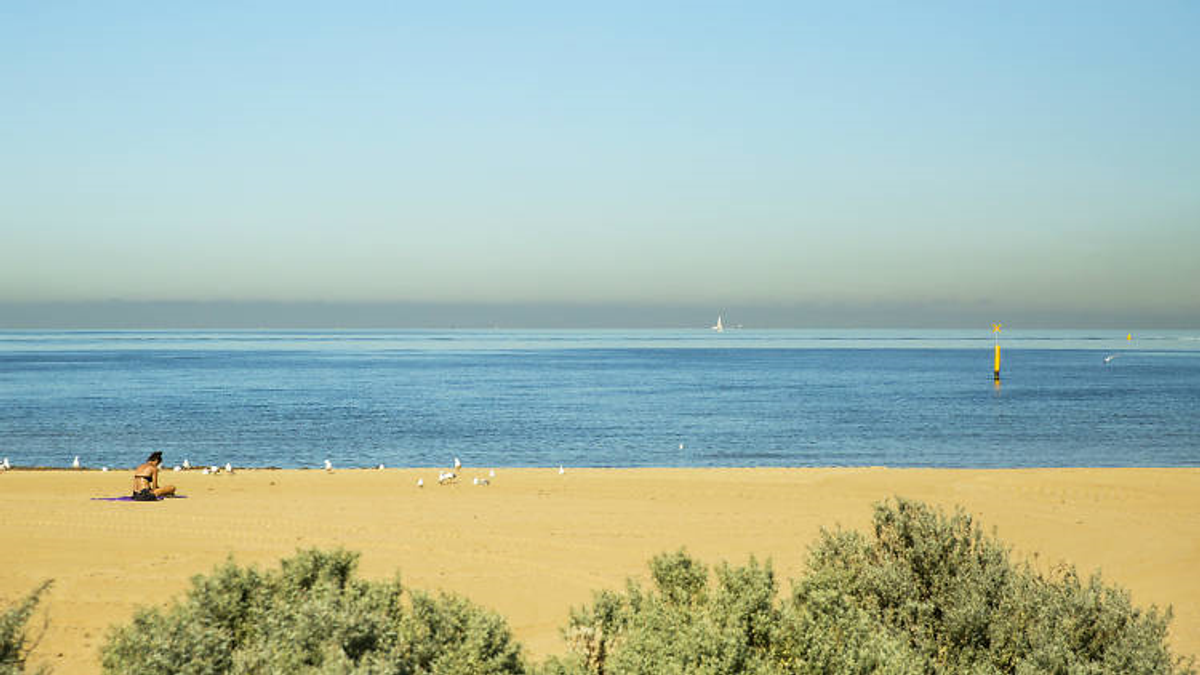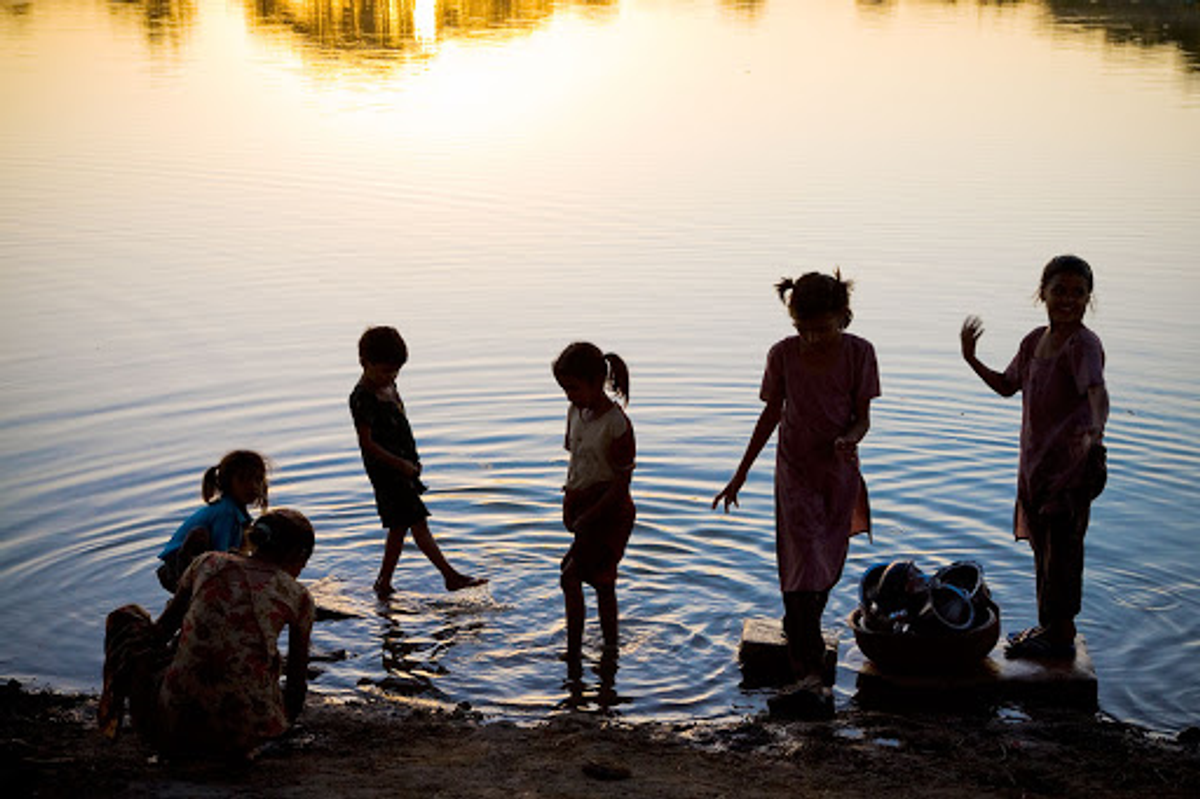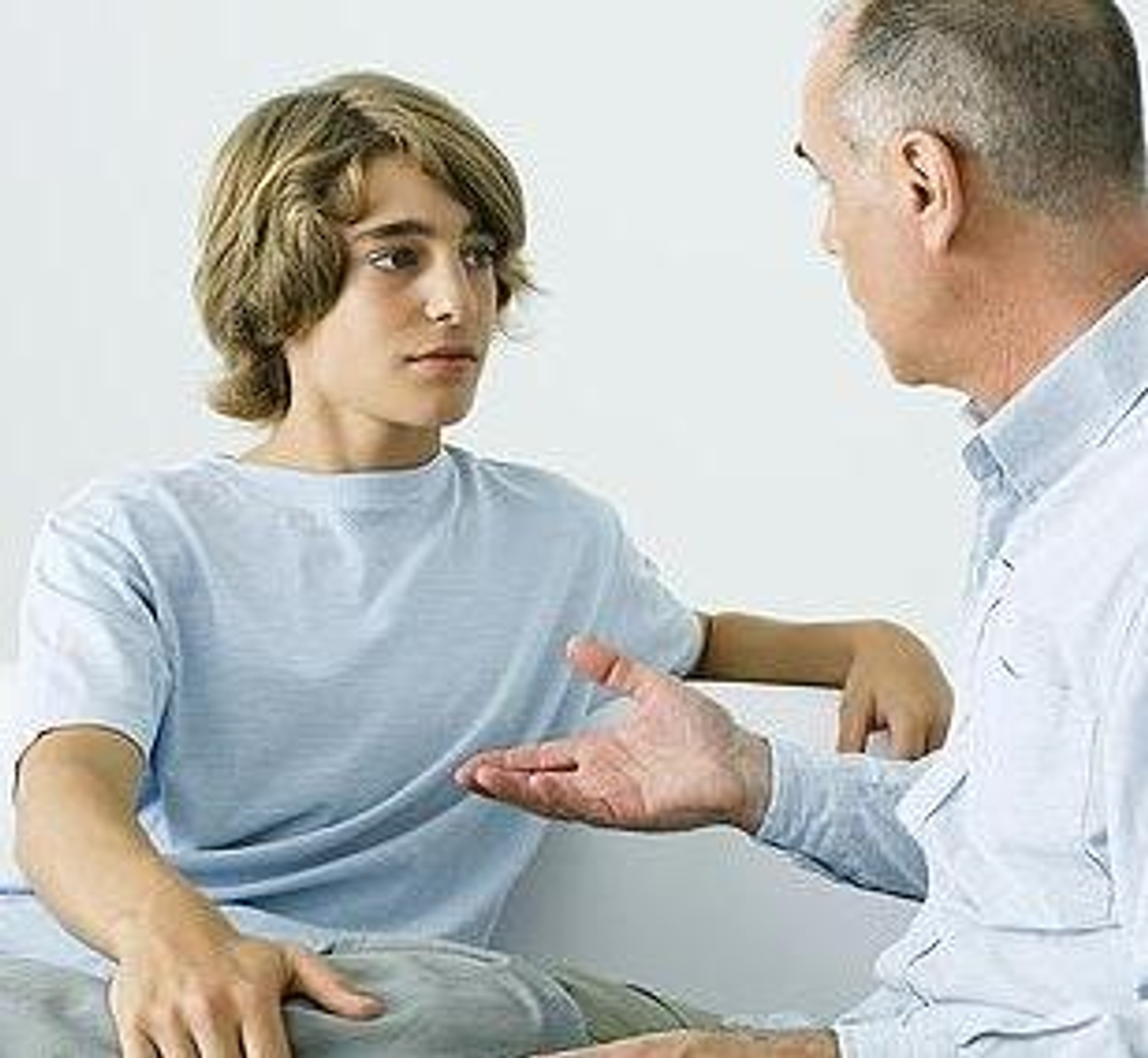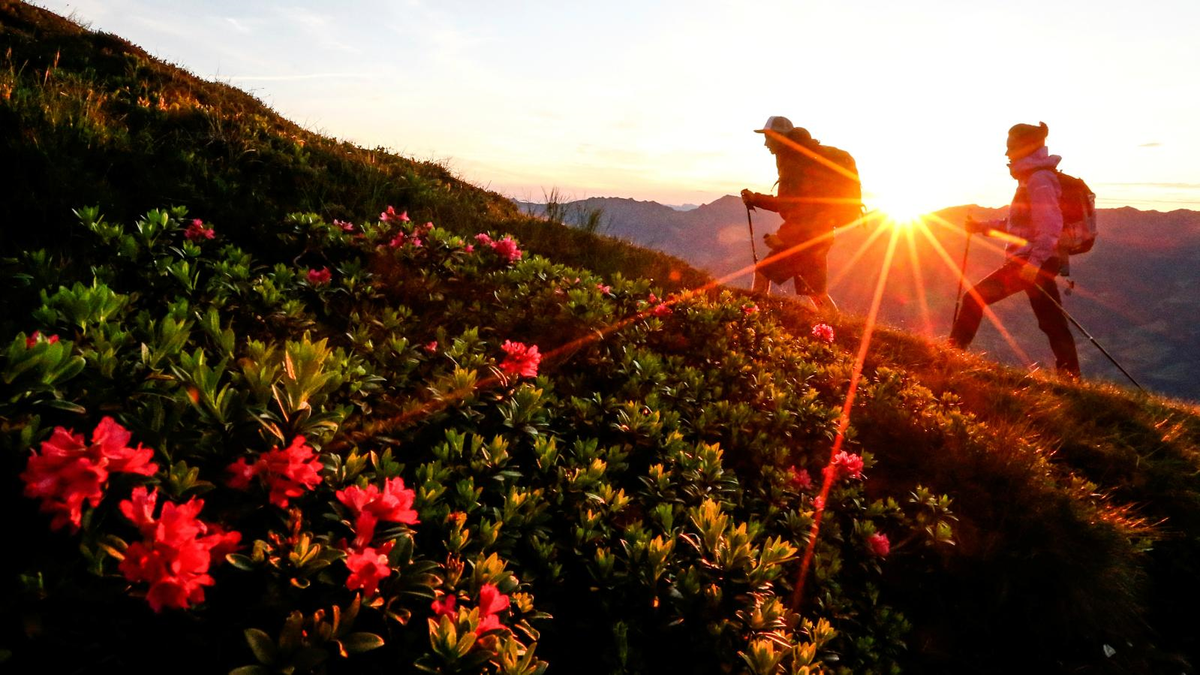Wellbeing Corner

A Guide for Parents About the Climate Crisis
This information helps parents think through how they, as parents, can respond to the current reality of climate change and the threat of worse impacts to come. We answer common questions that parents ask, provide strategies for parents to cope with the ‘uncomfortable truths’ of climate change, and offer ideas about how to support their children to cope with it. In our companion information sheet, Raising Children to Thrive in a Climate Changed World, we discuss the skills and capacities that our children, the next generation, will need to keep working to restore a safe climate and to adapt to the inevitable changes ahead.
INTRODUCTION
Parents face many challenges as they strive to bring up their children with the best possible opportunities for their future health, happiness, and success. Understandably, immediate concerns often take our attention, like worrying about how your children are getting along at school, and how they are using their time on social media! But parents have always thought about longer-term factors that might impact on their children’s future. Today, climate change is one of the most certain, wideranging, and concerning of these issues.
Many parents are seriously concerned about how climate change will affect their children, and can see that the world their children will grow up in will be changed dramatically. Some parents might worry about how their child will cope with a climate changed world. Others might be particularly concerned about the human suffering that it will cause at a global level. Others again might be distressed at the damage that climate change will do to the natural environment, the loss of favourite places (like the Great Barrier Reef), and the depleted world their children and grandchildren will grow up in. Whatever their motivations, many parents want to do something about it but are not sure what.
HOW DO I KNOW WHEN MY CHILDREN ARE READY TO HEAR ABOUT CLIMATE CHANGE?
The best way to find out if your children are ready to talk about climate change is to listen carefully to what they say and the questions they ask. Most school-aged children, and even many pre-school aged children, already know a bit about climate change and other environmental issues from school or the media.
They might report something they have heard (“Danny’s Mum says last year was hotter than any other year” or “We watched a video at school about the Great Barrier Reef dying”), or ask why you are recycling plastics, or why there was a big flood somewhere, or why Jenny’s Dad rides his bike to work.
You can use these questions as opportunities to open up conversation. (See below for ideas about how to talk to children of different ages.)
If your child never raises the issue, it may be because they know nothing about it, or perhaps because they are too anxious to raise it.
You can provide opportunities for conversation by explaining why you do things in language your child can understand: “I don’t use plastic shopping bags because they are bad for the world/made from coal and oil which are making the Earth too hot”; “I catch the train to work because cars use petrol which makes the world too hot”; “I’m writing a letter to the school to ask them to put solar panels on the roof”.
You will know from their responses whether they want to talk more about it.
You can also ask them directly if they have heard about climate change and, if so, how they feel about it.
WHAT DO I SAY TO MY CHILDREN ABOUT CLIMATE CHANGE?
For very young children, talk about the environmentally-friendly things you do every day and help them learn to appreciate and care for the natural world:
- “We put food scraps in the compost bin so the worms and other little creatures can make good soil for growing veggies and flowers."
- “Let’s buy these apples and pop them in our own bag, not those ones which have got all that plastic around them.”
- “Let’s go by train so we don’t have to use petrol.”
Tell them you want them to have a beautiful and healthy world to grow up in, and so you are helping to stop the world getting too hot.
Share your love for the natural world with them – e.g. by going on picnics and camping, watching birds, planting trees and flowers and then watching them grow.
Read books to them about climate change or environmental problems like ‘The Magic School Bus and the Climate Challenge’ by Joanna Cole, or ‘The Lorex’, by Dr Zeuss.
FOR OLDER CHILDREN AND TEENAGERS
Most teenagers will probably know quite a lot about climate change – maybe even more than you do! Some teenagers may welcome long conversations about climate change at the dinner table. Others may feel cynical or despairing about finding a solution and want to avoid the topic.
- You can research the science of climate change together (or let your child educate you!).
- Don’t be afraid to talk about the political side. Together you might analyse different parties’ positions on climate change.
Whatever the age of your children, always be sure to:
- Point out that many people are working to stop the climate changing too much.
- Explain that there are things that everyone can do to help, like recycling, writing letters, etc.
- Point out that big problems have been solved in the past through many people working together.
- Discuss what you and your child can do to make a difference. (See below for some ideas.)
HOW CAN I ENCOURAGE MY CHILDREN TO CARE ABOUT NATURE?
There are a few stages of connecting with nature which most children go through before they are ready to be able to feel concern for the environment, and before they feel responsible and motivated to act for it (like taking action on climate change). First, children have to at least feel at ease and comfortable in nature. After they have experience of being ‘in’ nature, they then develop the capacity to be ‘with’ nature. This is where they start to notice landscapes and get busy and involved in activities in nature, and then start to feel attached to nature.
The final phase is when children start to be ‘for’ nature, where they start to take care of it.
Parents can help their children to first be ‘in’ nature, then ‘with’ nature, so that they are finally ready to be ‘for’ nature:
- Give your children opportunities to be in nature.




